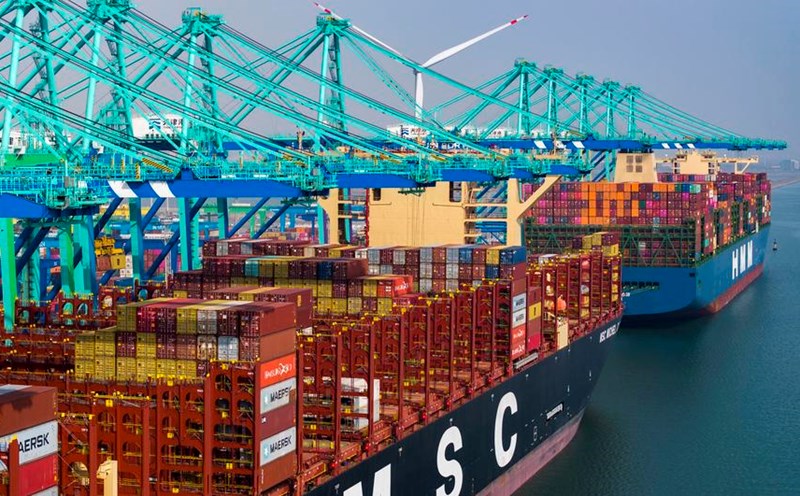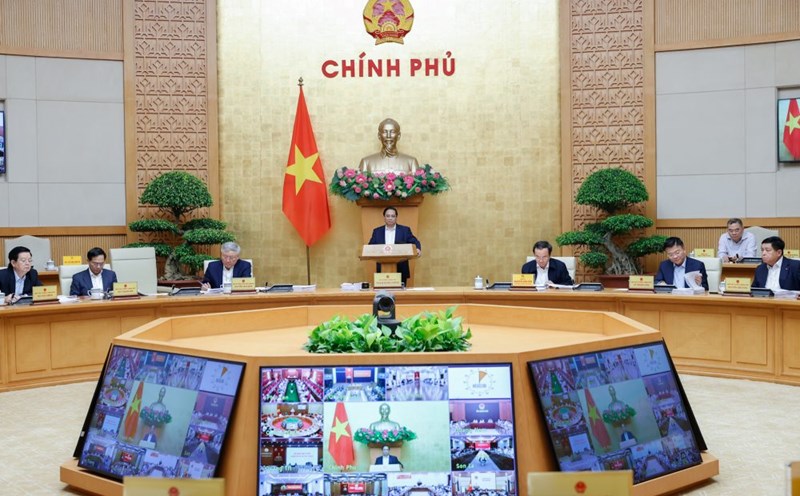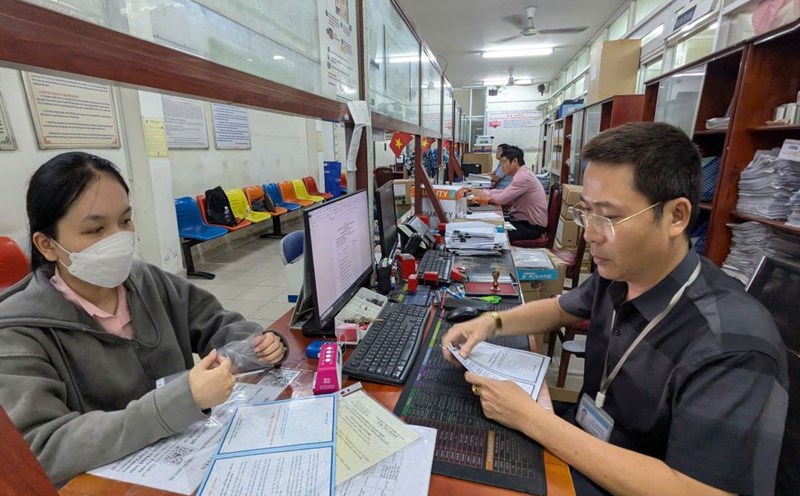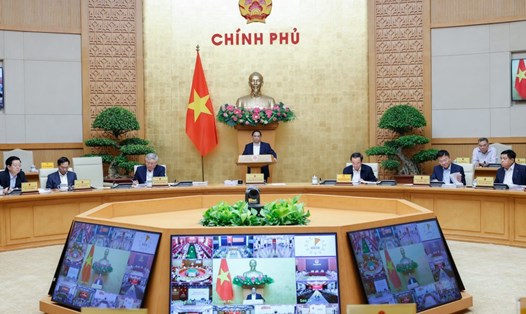From the conference hall to the reserved bilateral meetings, the Finance Ministers are all aiming for one goal: how to mitigate the impact of the series of import tariffs announced by US President Donald Trump.
According to observers, the focus this week will be on the new US Treasury Secretary Scott Bessent, who is considered the "chief architect" of bilateral trade agreements under President Trump. In addition, there are many questions about whether the Trump administration will continue to support the IMF and the WB - two multilateral financial institutions that the US has long dominated.
I believe this week will be a very different conference, not dominated by multilateralism, but a series of tense bilateral negotiations, Reuters quoted Josh Lipsky, Director of the Atlantic Councils Geoeconomic Center as saying.
The global economic forecast released by the IMF on April 22 clearly reflects the consequences of the new wave of tariffs. Previously, on April 17, IMF managing director Kristalina Georgieva warned that global growth prospects would be lowered due to "exceeding the standard" uncertainty caused by new tax policies.
Not only affecting market sentiment, tax policies also increase borrowing costs, aggravating the debt burden of developing countries, which are the most vulnerable groups.
At the conference, Japan was said to be actively seeking a deal with the US, after it became the target of a 25% tariff on cars and steel. Japanese Finance Minister Katsunobu Kato is expected to meet with his US counterpart Bessent on the sidelines of the summit to resume negotiations.
Similarly, South Korea is also actively contacting. Finance Minister Choi Sang-mok will meet with the US side in an effort to delay the new tax rate, while promoting cooperation in the energy and shipbuilding sectors.
Despite showing favor to some of the IMF's programs such as the $20 billion loan package to Argentina, the Trump administration has still made many countries worried about the future of the US's commitment to multilateral institutions.
Public opinion is closely monitoring whether Washington will make a $4 billion contribution to the poor countries' aid fund that President Joe Biden's administration has pledged.
New WB Ajay Banga said that there have been some positive exchanges with the new US administration, but have yet to receive financial guarantees. He also plans to announce a new WB direction in the energy sector, including funding for nuclear and gas projects, in addition to renewable energy, more in line with the priorities of the Trump administration.
Meg Lundsager, Elizabeth Shortino and Mark Sobel - three former US Ministry of Finance officials who represented the US in the IMF Executive Board - written in an editorial posted in The Hill: “IMF brings to the US, the largest shareholder, significant economic influence with almost zero cost. American priorities ”.
In the context of the world facing increasingly deep differentiation, the role of the US and Secretary of the Treasury Bessent at this conference is also a test of Washington's global leadership orientation in the new bargaining war period.










